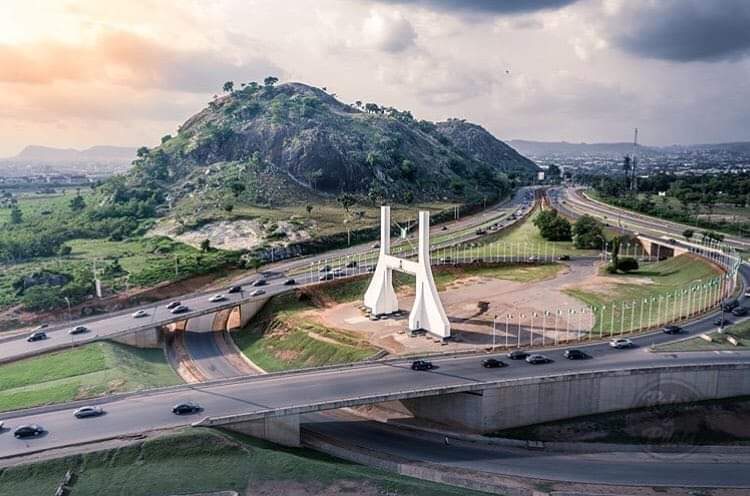"A Journey Through Abuja: The Evolution of Nigeria's Capital City"

By Muhammad Ahamed Aliyu
Abuja is the capital city of Nigeria, located in the central part of the country. It became the capital city in 1991, taking over from Lagos, which had previously served as the capital. The decision to move the capital to Abuja was made in order to create a more neutral location for the government, as Lagos was seen as favoring the Yoruba ethnic group.
The development of Abuja as a capital city began in the 1980s under the military regime of General Ibrahim Babangida. The city was planned and developed as a purpose-built capital, with modern infrastructure and facilities. Construction of government buildings, residential areas, and various amenities such as hospitals, schools, and transport networks were carried out to create a functioning administrative center.
Abuja is known for its modern architecture, with notable landmarks such as Zuba Rock, Aso Rock, the National Mosque, and the National Assembly building. The city is also home to several international embassies, government offices, and institutions.
Abuja is a bustling cosmopolitan city, with a diverse population drawn from various ethnic groups across Nigeria. It serves as the political, economic, and cultural center of the country, hosting events, conferences, and activities that shape the nation's direction.
Overall, Abuja is a symbol of Nigeria's aspirations for progress and development, showcasing the country's potential on the global stage.

